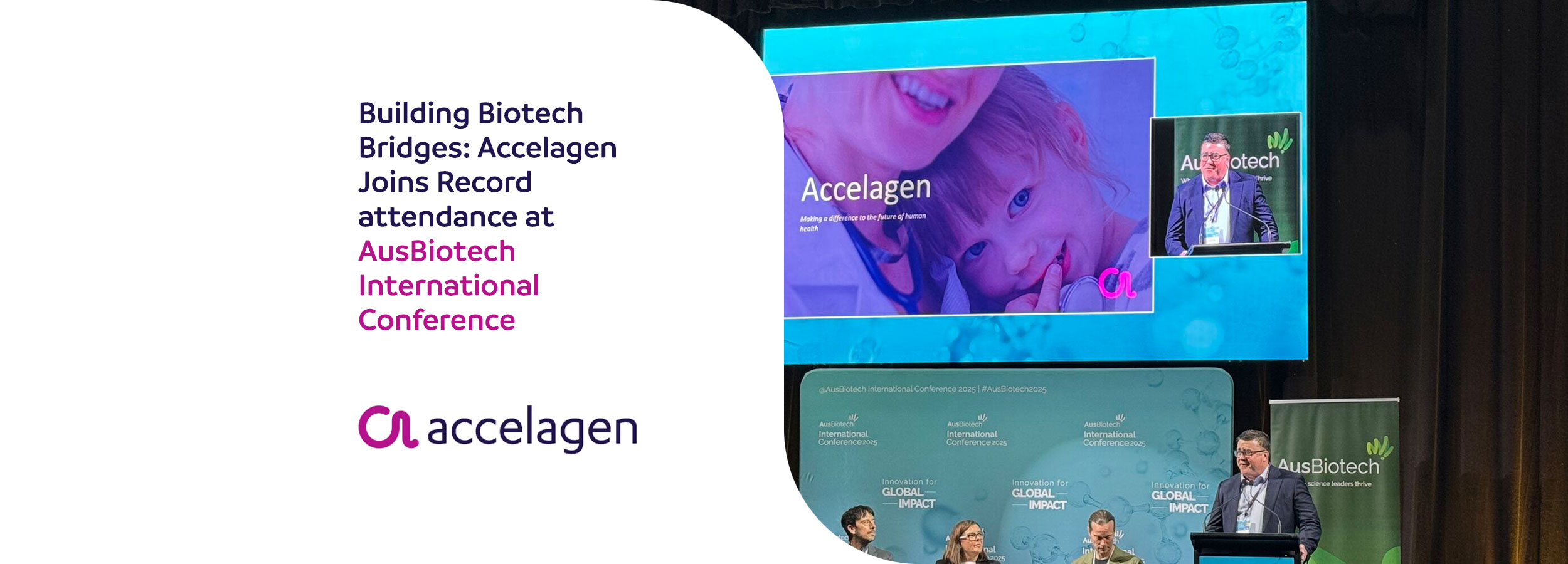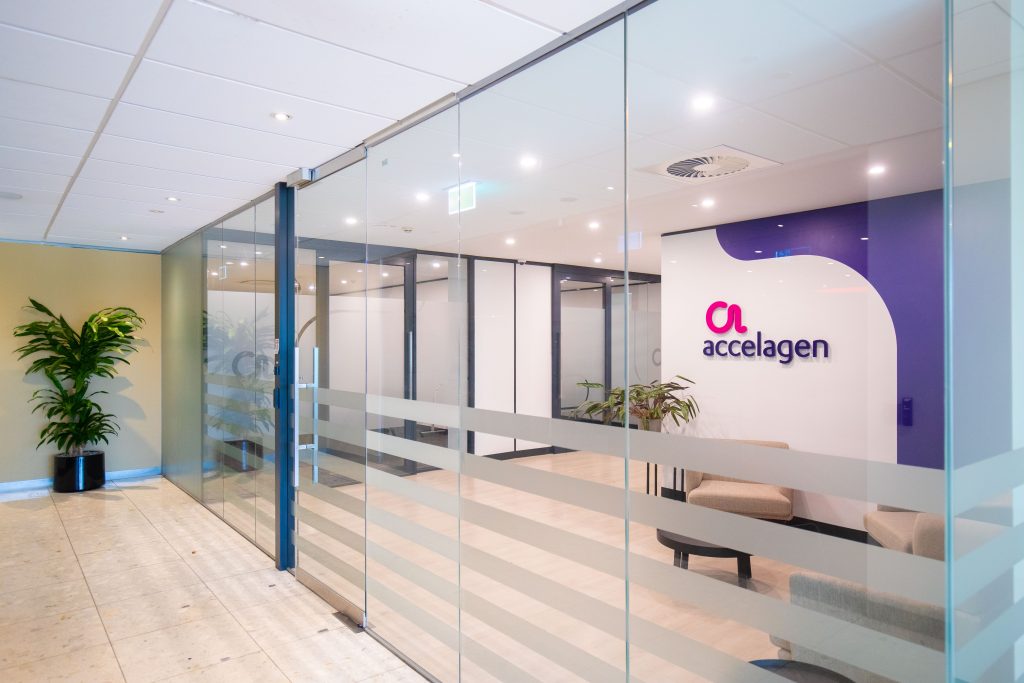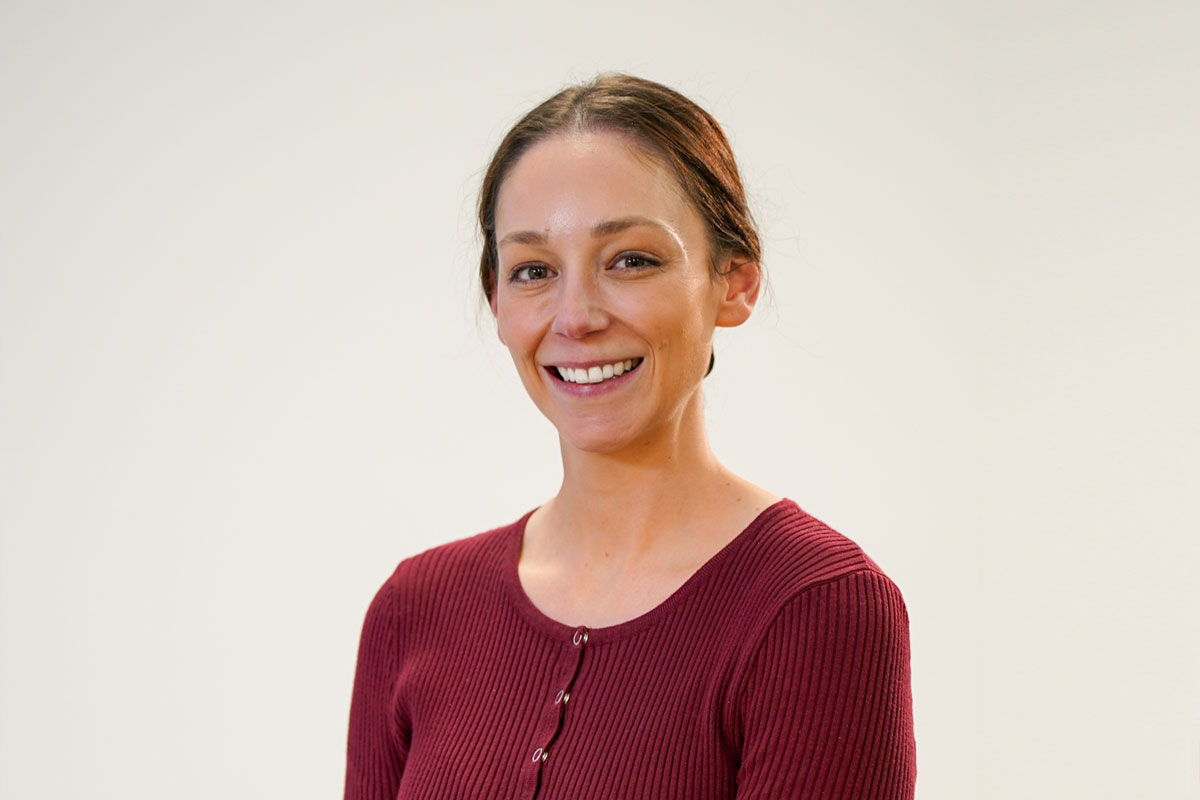Accelagen’s boutique clinical project management is built for sponsors and patients alike

Accelagen’s clinical project leads bring years of hands-on experience managing complex studies, with a key focus on patient outcomes and sponsor success. Their team offers immediate access to expertise with unmatched flexibility.
A Strategic, Patient-Centered Approach to Project Management
At Accelagen, project management is more than just timelines and meetings. It is a strategic, hands-on process that is grounded in responsiveness, extensive local knowledge, and a commitment to patient outcomes. This approach is embedded across the project lifecycle, from early site engagement to continued regulatory compliance.
Marianne Tan and Virginia Papandreou from Accelagen’s project management team have been integral to the success of this model for years. As one of Accelagen’s Project Directors, Marianne describes her daily work as a collaboration across clinical project teams, clients, and vendors. Virginia, with five years at Accelagen and as another Project Director, plays a central role in supporting project teams and maintaining oversight across timelines. Together, they embody a management style that is both structured and agile, and which benefits from the company’s boutique scale
Patient Outcomes Drive Every Decision
Improving patient outcomes is the central motivation for the team, which informs not only the goals of each study but also how they are managed. “That’s in the forefront of our minds from the start of the study,” Marianne says, explaining that many sponsors are developing initial safety and efficacy data for their asset. Managing these studies means managing more than just logistics; it means ensuring that every action aligns with the goals of the project and the patient experience.
Guiding Sponsors Through Australia’s Regulatory Landscape
Many of Accelagen’s clients are new to the Australian market and often leverage the project management team to guide them through local regulatory requirements. This includes offering advice at startup and navigating the expectations of ethics committees and trial sites themselves. This guidance is not separate from the broader goal of patient care, Virginia notes, but is part of a balanced approach that keeps both sponsor needs and trial success in focus.
Each project begins with a roadmap that captures every major activity and deadline, and weekly meetings ensure alignment across all departments and with clients. A structured site initiation visit follows, providing direct training and support to study teams on the ground. This allows project managers to identify risk early, and the result is a structured path that aligns client expectations with operational realities.
Rapid Response to Real-Time Challenges
One recent example of the team’s success involved an investigational product issue that emerged during a live study. The team alerted the client immediately, then coordinated with trial sites, ethics committees, statisticians, and the clinical operations group to implement corrections within the week. “We were able to implement those actions promptly,” said Marianne. “And we still delivered within the timelines without any change to project quality and integrity.”
This kind of responsiveness is enabled by a project management structure built around quality systems. Project plans, templates, and decision-making processes are grounded in Accelagen’s SOPs, which are maintained within a quality management framework that meets current ICH-GCP and local regulatory requirements.
The Advantage of an Australian Full-Service Model
One of the most significant advantages for clients working with Accelagen is the full service model. All key operations are managed internally, and the team are based within Australia. This results in clearer communication and immediate access to expertise across skillsets. As Virginia puts it, “We’re all working within the same time zone. For studies in Australia, decisions and actions are not impacted by possible delays of working globally.”
Whether managing a single site pilot or a multinational trial, Accelagen applies a consistent, methodical approach tailored to the scale of each study. Larger studies may involve regional team coordination or segmented updates, but the underlying systems and communication standards remain the same.
Investing in Tools for the Future
Looking ahead, the project management team is working to integrate systems that will further streamline trial delivery. These include new tools for increasing efficiency in managing documentation, communication, and milestone tracking, as well as broader clinical trial management platforms. By improving how information is shared and acted on, these tools are continuing to enhance productivity without disrupting Accelagen’s collaborative model.
The ability to adjust timelines and respond to specific sponsor needs is not an exception but a product of the team’s design. “We really do pivot to the client’s needs, all whilst maintaining quality and integrity,” said Virginia. “That’s always been the philosophy, from when I joined, when Accelagen was a nine-person organisation.” This boutique model gives Accelagen an edge not only in speed but in how it maintains quality and sponsor trust. Leveraging their project management advantage, Accelagen is offering a contract research service that is efficient, localised, and built around the needs of sponsors and patients alike.










